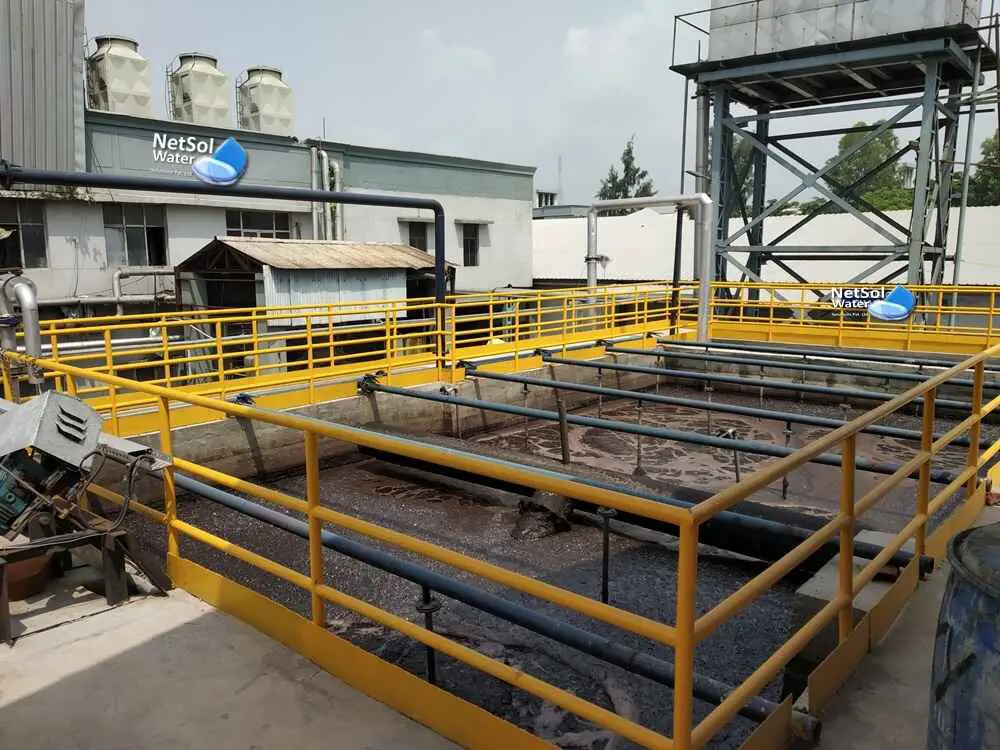In the wake of escalating environmental concerns, the focus on sustainable infrastructure has become paramount. Ghaziabad, a bustling industrial hub in Uttar Pradesh, India, is witnessing a remarkable shift towards eco-friendly practices, particularly in sewage treatment. With the rise of Sewage Treatment Plant Manufacturer in Ghaziabad, the city is taking significant strides towards mitigating water pollution and conserving natural resources.
Rising Demand for Sustainable Solutions
The burgeoning population and rapid urbanization have exacerbated the strain on water resources, leading to heightened pollution levels in rivers and water bodies. Consequently, there is a pressing need for efficient sewage treatment solutions to alleviate environmental degradation. Recognizing this urgency, Sewage Treatment Plant Manufacturer in Ghaziabad are stepping up to offer innovative and sustainable technologies to address the city's wastewater management challenges.
Cutting-edge Technologies
One of the key drivers behind Ghaziabad's emergence as a hub for sewage treatment plant manufacturing is the adoption of cutting-edge technologies. Manufacturers in the region are leveraging advanced processes such as biological treatment, membrane filtration, and ultraviolet disinfection to ensure the effective removal of pollutants from wastewater. These technologies not only enhance treatment efficiency but also minimize energy consumption and operational costs, making them highly attractive for both municipal and industrial applications.
Commitment to Environmental Preservation
Sewage treatment plant manufacturers in Ghaziabad are not merely profit-driven entities; they are deeply committed to environmental preservation. By providing state-of-the-art treatment solutions, these manufacturers play a pivotal role in safeguarding water quality, protecting aquatic ecosystems, and promoting public health. Moreover, their adherence to stringent regulatory standards underscores their dedication to environmental sustainability, setting a benchmark for responsible business practices in the region.
Empowering Communities through Collaboration
The proliferation of sewage treatment plant manufacturers in Ghaziabad has sparked collaboration across various stakeholders, including government agencies, environmental organizations, and local communities. Through collaborative efforts, these entities work hand in hand to implement sustainable wastewater management strategies, raise awareness about water conservation, and drive policy reforms. This collaborative approach not only fosters synergy but also empowers communities to actively participate in environmental stewardship initiatives.
Driving Economic Growth and Innovation
The burgeoning sewage treatment industry in Ghaziabad is not only a boon for environmental sustainability but also a catalyst for economic growth and innovation. By fostering a conducive ecosystem for research and development, these manufacturers spur technological innovation and create employment opportunities for local talent. Moreover, the export potential of sewage treatment technologies positions Ghaziabad as a global player in the sustainable infrastructure market, thereby contributing to India's economic prosperity on the world stage.
Conclusion
As concerns over water pollution continue to mount, the role of Sewage Treatment Plant Manufacturer in Ghaziabad cannot be overstated. Through their relentless pursuit of innovation, commitment to environmental preservation, and collaborative approach toward community engagement, these manufacturers are driving a paradigm shift toward sustainable wastewater management practices. By harnessing the power of technology, entrepreneurship, and collective action, Ghaziabad is not just building sewage treatment plants; it is laying the foundation for a cleaner, healthier, and more sustainable future.





